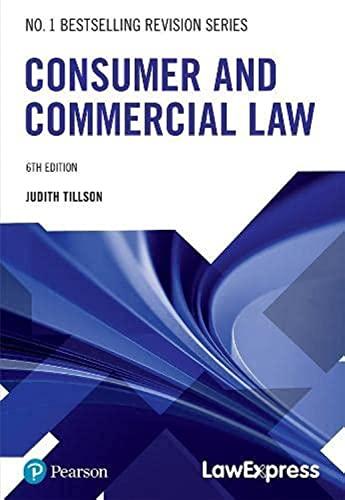1. Jane is hired as a full-time permanent employee by State. She works for State's revenue agency as a clerk typist. As a permanent employee, she is entitled to life, health, and dental insurance. Pursuant to statute, State provides these automatically and immediately when an employee is hired. The employee then has 30 days within which to waive any particular insurance (and save the employee's share of the premium). Because of a clerical error, Jane was never enrolled in State's group health insurance plan, nor was she informed of her option to waive. On February 1, Jane is involved in an automobile accident. Jane's husband contacts Jane's immediate supervisor about the accident. The total medical bills exceed $50,000. State's group medical insurance would cover 80 percent of these bills. Because of her injuries, Jane, at the recommendation of her physician, does not return to work until April 1. Upon her arrival, she discovers that she has been terminated. She is given access to her file and discovers that she was placed on "probation" on March 1 for failure to appear for work. The notation in the file states that "if the employee does not return to work within fifteen days she is to be terminated after a hearing is conducted." The file further reflects that a hearing was conducted. Jane's immediate supervisor and a State personnel officer appeared. The file reflects that Jane was "terminated because there is no evidence to justify the employee's failure to appear for duty." Jane was not informed of the hearing. State law provides that [elvery employee who fails to report for duty 30 days or longer within one calendar year shall be terminated regardless of the cause of the failure to report. Jane sues the state, praying that she be restored to her position and that state be ordered to pay her medical bills. Discuss her claim and prayers for remedies thoroughly. Federal Agency adopts a rule concerning contracting for construction projects. The rule reads: Preamble: The following rule is adopted in order to remedy a history of discrimination against certain racial minorities and to stimulate local economic development. Rule: All contracts for remodeling and new construction of facilities that exceed $10,000 shall be competitively bid. The Request for Proposal shall be published in the local newspaper of general distribution for three business days on two occasions within the same month and bidders shall be given no less than thirty days to submit their bids. The bids shall be opened in a closed session and ranked by the bid price. The lowest bidder shall be awarded the contract, except that the lowest minority or the lowest experienced bidder shall be awarded the contract if his or her bid is no more than 10 percent greater in price than the lowest nonminority or experienced bidder. For purposes of this rule, a minority bidder is any company qualified to conduct the work that is owned by an individual of African American, Hispanic, or Asian ethnicity. An experienced bidder is any company qualified to conduct the work that has completed three or more construction projects for the agency in the three years prior to the date the bids are opened. Depend Able Construction, Inc., bid on two contracts with Federal Agency. It lost both, one to a minority bidder and the other to an experienced bidder. It has challenged both decisions on equal protection grounds. During discovery, it discovered that 11 percent of the contract awardees in the two years prior to adoption of the rule were minority-owned, as defined by the rule; 13 percent of the population served by the agency are minorities, as defined by the rule (African American, Hispanic, and Asian). Discuss the following: a. What standard will a Court apply to the minority preference provision? Do you believe Depend Able Construction, Inc., will prevail? Explain. b. What standard will a Court apply to the experienced contractor preference provision? Do you believe Depend Able Construction, Inc, will prevail? Explain







